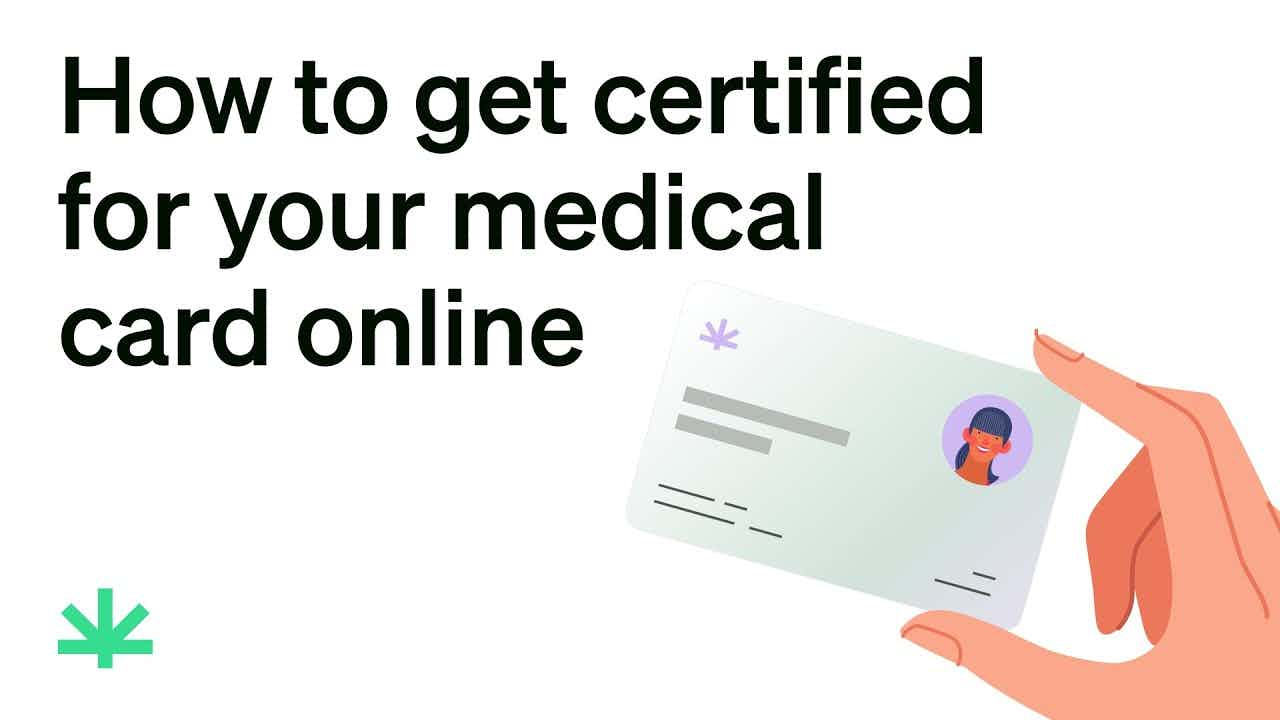Telehealth for medical cannabis is not permitted in the US Virgin Islands. Join our waitlist and we’ll email you as soon as online consultations are allowed.
Get Your US Virgin Islands Medical Marijuana Card in Minutes
Benefits of Getting a Card
Wondering how a medical marijuana card in U.S. Virgin Islands can transform your cannabis experience?
State-Specific Steps
Embarking on your journey to relief in U.S. Virgin Islands is simple. Let our caring specialists guide you through the state-specific steps to obtain your medical cannabis card.

1
Register Online With Leafwell
Leafwell is coming to the U.S. Virgin Islands soon! Join our waitlist to be notified when we’re open.
Once we’re available in the U.S. Virgin Islands, you’ll be able to book an appointment for a medical marijuana consultation.
2
Discuss Medical Marijuana With Your Provider
You’ll speak to your healthcare provider about medical cannabis and your qualifying conditions.
3
Receive Your Certificate From Leafwell
Once you’re approved, we will send a certificate recommending you for medical cannabis to you.
4
Apply for a Card With the U.S. Virgin Islands
You must fill out an application form and send it and your certificate to the U.S. Virgin Islands medical marijuana program to qualify for a medical marijuana card in the territory.
Trusted by 1 Million Monthly Users

Apply for U.S. Virgin Islands
Claim Your Medical Card Today
See a Doctor NowWhat You Need to Know
Gov. Albert Bryan signed the Virgin Islands Medical Cannabis Patient Care Act in 2019, allowing physicians to recommend cannabis to qualified patients.
Recreational or adult use of cannabis is legal in the U.S. Virgin Islands as of January 2023.
To apply for a medical marijuana card or recommendation in the U.S. Virgin Islands, you must be a legal resident and at least 21 years old. There are outpatient and non-resident options.
Application fees for the medical marijuana card are $50 per year for residents.
Outpatient and non-resident cardholders will pay $50 for five days, $75 for 10 days, and $100 for 30 days.
Legal Topics
Medical marijuana patients in the U.S. Virgin Islands may possess up to four ounces of cannabis flower.
Registered patients may grow up to 12 cannabis plants on their property, a unique perk for medical cardholders.
Caregivers
Medical marijuana patients in the U.S. Virgin Islands can have a caregiver. Requirements for caregivers include:
- Caregivers must be 21.
- Caregivers may collect a patient’s cannabis from a dispensary on their behalf.
- Either a patient or their caregiver may cultivate plants for a patient.
- Caregivers can also cultivate cannabis plants, but patients must notify the USVI Office of Cannabis Regulations (OCR) if they or the caregiver will be the designated cannabis grower. It’s either one or the other — patients and caregivers cannot grow plants simultaneously.
Reciprocity
The U.S. Virgin Islands allows out-of-state patients to qualify for the territory’s medical program.
The following states and U.S. territories also accept or recognize out-of-state medical marijuana cards:
- Arizona
- Arkansas *
- Hawaii *
- Louisiana
- Maine
- Michigan (at the dispensary’s discretion)
- Nevada
- New Hampshire
- New Jersey *
- New Mexico
- Oklahoma *
- Puerto Rico
- U.S. Virgin Islands *
- Utah * (up to two 21-day periods in a calendar year)
- Washington, D.C.
*Visitors must complete a visiting patient application with the state program.
States that have legalized recreational cannabis for adults 21 and older but do not accept out-of-state cards include:
- Alaska
- California
- Colorado
- Connecticut
- Illinois
- Maryland
- Massachusetts
- Minnesota (currently only Tribal dispensaries)
- Missouri
- Montana
- New York
- Oregon
- Vermont
- Washington
FAQs
How much does a U.S. Virgin Islands medical marijuana certificate and card cost?
Which medical conditions qualify for a medical marijuana card in the U.S. Virgin Islands?
- Agitation of Alzheimer's disease
- AIDS/HIV
- Amyotrophic lateral sclerosis (ALS), aka Lou Gehrig's disease
- Arthritis
- Autism
- Cancer
- Chronic pain
- Crohn's disease
- Diabetes
- Glaucoma
- Hepatitis C
- Hospice care
- Huntington's disease
- Neuropathic pain
- Ulcerative colitis
- Opiate use disorder
- Parkinson's disease (PD)
- Post-traumatic stress disorder (PTSD)
- Traumatic brain injury (TBI)